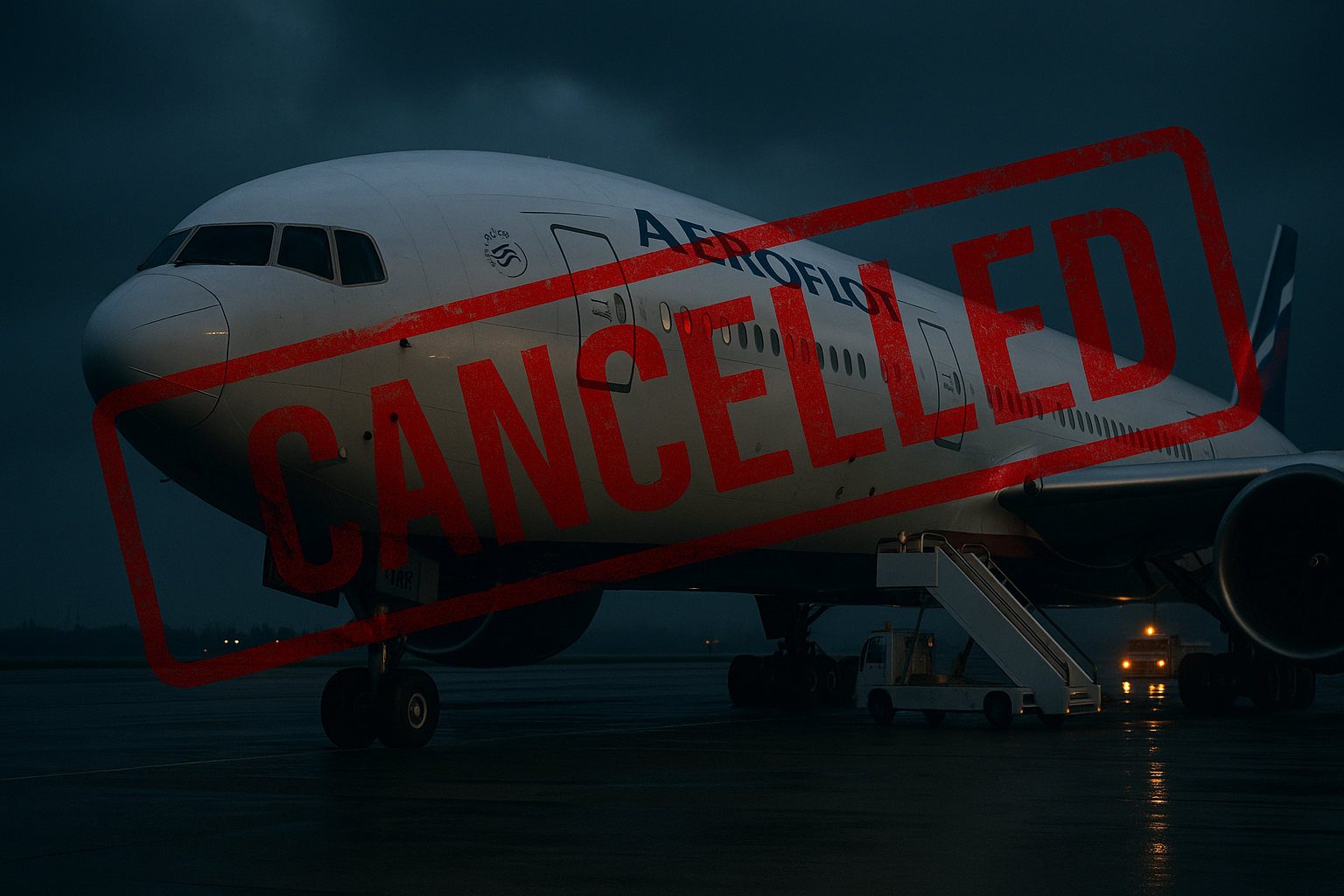Russia’s largest airline, Aeroflot, experienced significant disruptions on Monday morning as a failure in its IT systems led to the cancellation of numerous flights. The chaos at Moscow’s Sheremetyevo Airport was compounded by claims from hacktivists, who asserted responsibility for the incident.
Aeroflot announced via its Telegram channel that the airline’s information systems had failed, prompting an immediate response to adjust flight schedules, which resulted in the cancellation of 42 flights initially, with an additional seven cancellations announced later in the day. The airline urged passengers to stay informed via online boards at airports and emphasized that it was working to resolve the issue swiftly.
The airline’s disruption affected not only the departure and arrival of flights but also led to lengthy delays of up to three hours for several other trips. Passengers with canceled flights were instructed to retrieve their luggage and depart the airport to alleviate overcrowding conditions. However, refund and rebooking options were temporarily halted at airport ticket offices, leading to frustration among travelers who sought alternatives.
Although Aeroflot remains among the world’s top 20 airlines by passenger numbers, the airline has faced challenges due to extensive sanctions following Russia’s invasion of Ukraine in 2022. Once serving key global routes, the airline has shifted focus to domestic and allied nation flights to counteract financial losses.
The hacktivist groups Silent Crow and Cyberpartisans BY took to Telegram to claim responsibility for the attack. They alleged that they had successfully compromised the airline’s critical corporate systems, which they claimed included breaches of personnel surveillance systems and significant data theft. While these claims remain unverified, they spotlight ongoing cyber tensions involving Russia and the West.
Aeroflot’s recovery over recent years has been marked by a push to return to profitability amid rising costs and limited access to necessary aviation resources. Post-war passenger numbers have seen a rebound; however, they still reflect a significant decline from pre-war levels.

